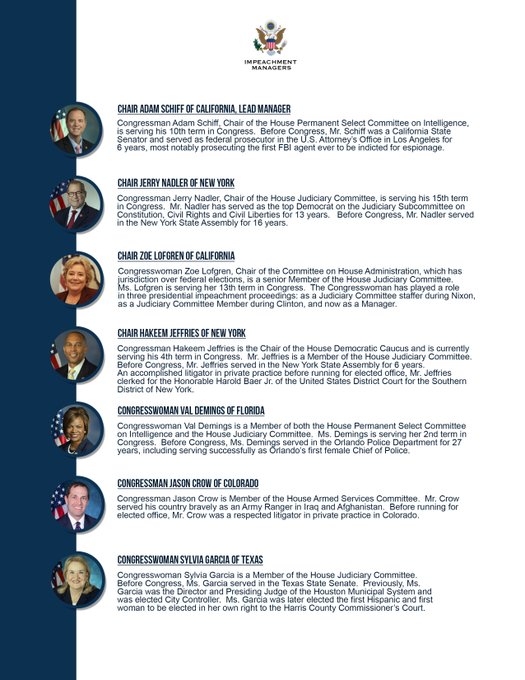Trump Broke The Law In Freezing Ukraine Funds, Watchdog Report Concludes.

Mark Wilson/Getty Images

A federal watchdog concluded President Trump broke a law when he froze assistance funds for Ukraine last year, according to a report unveiled on Thursday.
The White House has said previously that it believed Trump was acting within his legal authority.
Trump's decision to freeze military aid appropriated by Congress is at the heart of impeachment proceedings against the president that are shifting venues this week from the Democratically controlled House to the majority-Republican Senate.
Democratic lawmakers have accused Trump of abusing his office by withholding hundreds of millions in assistance in order to pressure Ukraine to investigate his political rivals.
The Office of Management and Budget blocked the Defense Department from spending money designated by Congress on July 25, "pending a policy decision," according to OMB General Counsel Mark Paoletta. That hold was lifted on September 12.
But a 1974 law that governs budget procedure within the government "does not permit OMB to withhold funds for policy reasons," said Thomas Armstrong, general counsel for the GAO.
President proposes, Congress disposes
Documents and testimony released during and after House impeachment hearings revealed some administration officials had raised concerns that the Ukraine hold might have violated the law known as the Impoundment Control Act.
The law further designates the ways in which Congress has the power of the purse. Under the Impoundment Control Act, it is illegal for OMB to withhold money that has been appropriated by Congress and signed into law.
If the White House wants to delay or deny funds, it must first alert Congress.
Sen. Chris Van Hollen, a Democrat from Maryland, asked the Government Accountability Office to assess Trump's decisions to freeze the Ukraine aid.
Van Hollen said he thought the report vindicated Congress' decision to impeach Trump.
"This violation of the law reflects a contempt for the Constitution and was a key part of his corrupt scheme to abuse the power of the presidency for his personal political purposes," Van Hollen said. "The GAO's independent findings reinforce the need for the Senate to obtain all relevant documents and hear from key fact witnesses in order to have a fair trial."
Majority Leader Mitch McConnell, R-Ky., opposes the introduction of fresh witnesses or evidence into a Senate trial, arguing the Senate's role is to assess the House's fact-finding, not do new investigations on its own.
Senators are expected to vote on that question and it isn't clear whether there might be sufficient support from enough Republicans to bring in new evidence or witnesses.
In a letter to GAO in December, OMB lawyer Paoletta argued that the hold up in Ukraine aid was a simply a "programmatic delay" and therefore did not require prior notice to Congress.
Paoletta also argued that the Defense Department's general counsel never told his office that it would have any problems spending the money before the funds expired at the end of the fiscal year in September.
However, Just Security reported in early January that Defense Department emails showed repeated warnings from the department to OMB that the delays put its ability to distribute the aid at risk.










